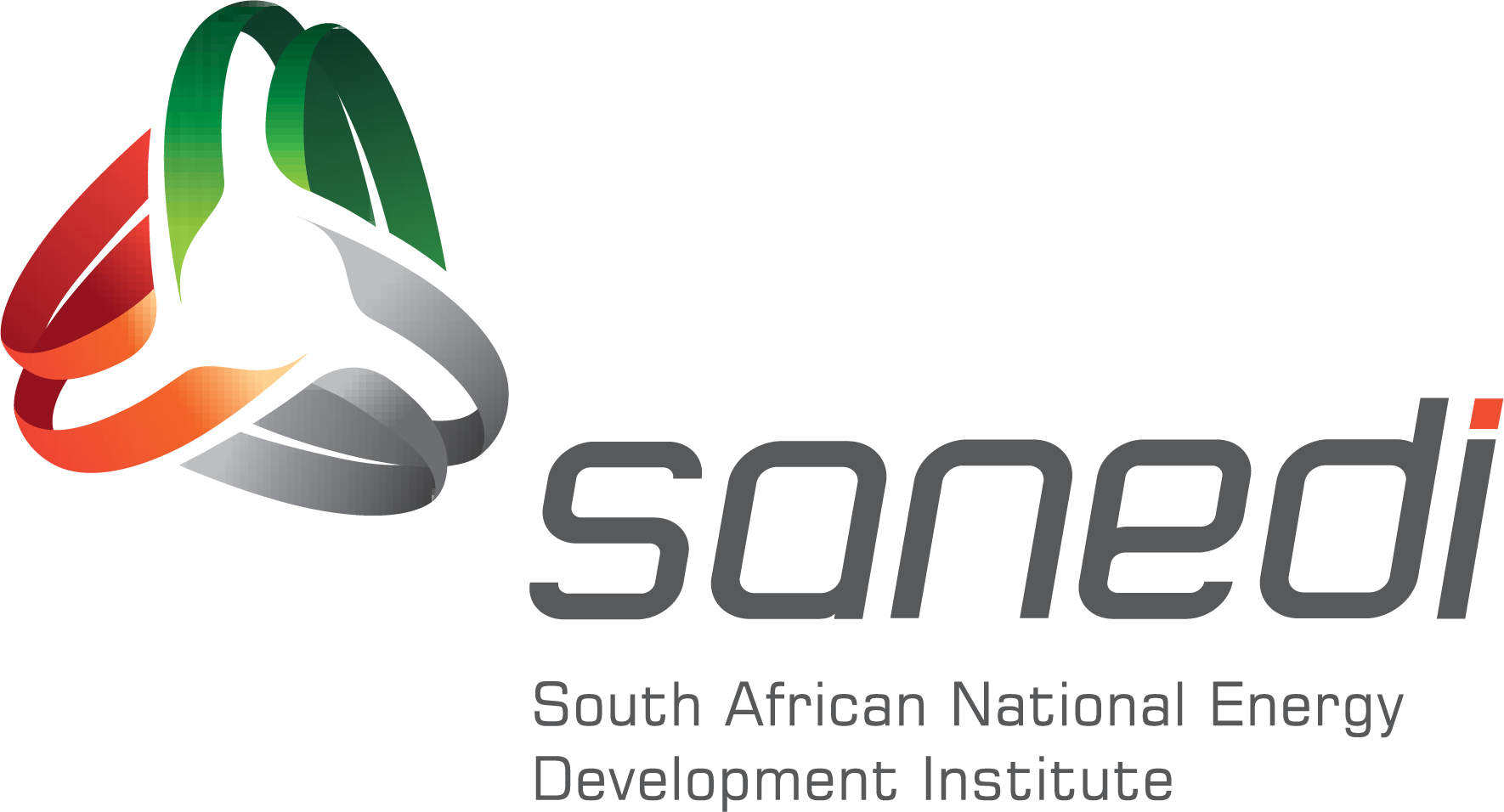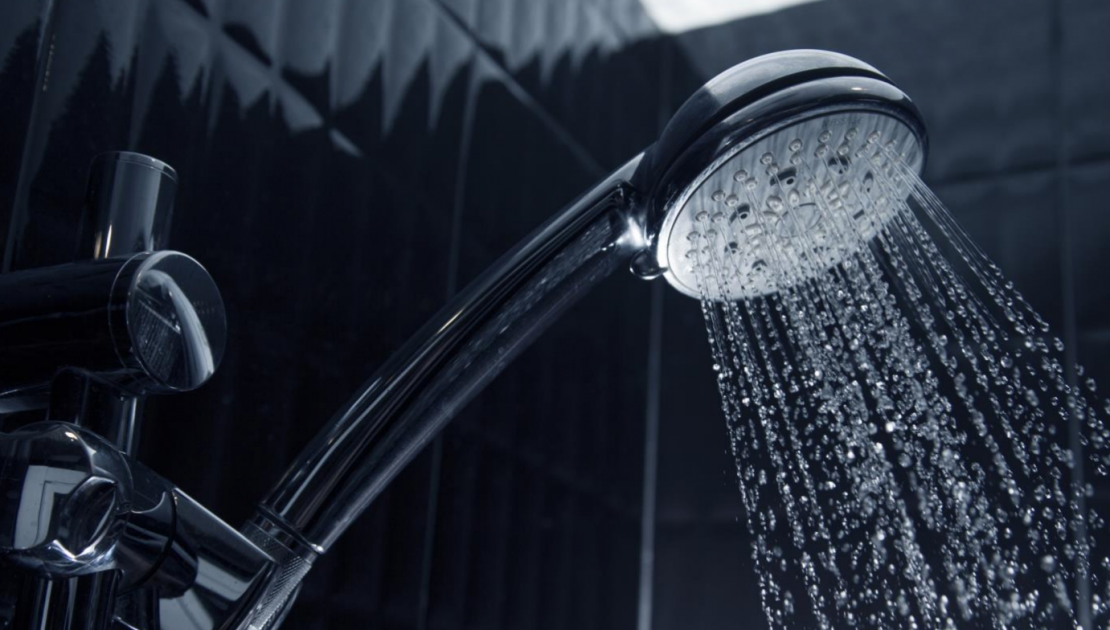CLASP’s 2021 report titled “In-depth Assessment of Water Efficiency Opportunities in South Africa” found that standards for taps and showerheads could address the country’s linked water and energy crises by reducing the use of water and electricity needed to heat some of that water. As a next step, the report recommended a gap analysis between the various South African National Standards that were perceived to require high flow rates, in contrast to international trend of standards requiring decreasing flow rates in support of sustainability.
The Residential Energy Consumption project is focused around the collection of residential energy consumption data. This data is based upon the types of electrical appliances and their end-use by individuals within the different Living Standard Measure (LSM) across South Africa. The appliance end-use data utilised within the Long-range Energy Alternatives Planning (LEAP) model for analysis, enabling policy makers with a better understanding and visibility of residential energy side. Furthermore, this project supports aspects of the review of the National Energy Efficiency Strategy (NEES) targets, together with the National Standards & Labelling Programme (S&L) impact assessment.



